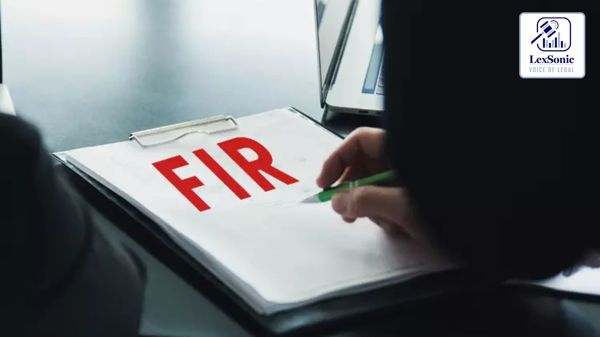Supreme Court Constitutes High-Powered Sale Committee to Expedite Asset Liquidation and Investor Refunds.
15 July 2024
Business Laws >> Business & Commercial Law | FIR >> Criminal Law
In a significant move to address the complex issue of asset liquidation and investor refunds, the Supreme Court of India has constituted a High-Powered Sale Committee (HPSC) to oversee the sale of assets and ensure timely refunds to investors in a high-profile case involving Sai Prasad Group of Companies. The decision follows a detailed examination of the case, which has seen prolonged legal battles and extensive investigations.
Background:
The petitioners, comprising a husband, wife, and their son, have approached the Supreme Court under Article 32 of the Constitution seeking directions for the liquidation of attached assets. The case revolves around the Sai Prasad Group of Companies, which includes Sai Prasad Properties Ltd. (SPPL), Sai Prasad Foods Ltd. (SPFL), Sai Prasad Corporation Ltd. (SPCL), and Shree Sai Space Creations Ltd. (SSSCL). These companies were accused of illegally mobilizing funds from the public through Collective Investment Schemes (CIS), leading to significant regulatory and legal actions.
Regulatory Actions and Legal Proceedings:
The Securities and Exchange Board of India (SEBI) initiated investigations after receiving complaints about SPFL and other companies under the Sai Prasad Group. SEBI's actions included interim orders and final directives prohibiting further collection of funds, freezing assets, and restraining the companies from launching new schemes. The Enforcement Directorate and various state authorities also became involved, leading to the attachment of assets worth approximately ?30,561 crores. The petitioners faced multiple FIRs across various states, including allegations under the Prize Chits and Money Circulation Scheme (Banning) Act, 1978, and the Maharashtra Protection of Interest of Depositors (in Financial Establishment) Act, 1999. The legal and regulatory actions culminated in the attachment of immovable properties and jewellery items of the companies.
In response to the ongoing complexities and delays in asset liquidation, the Supreme Court has invoked its powers under Article 142 of the Constitution to constitute the HPSC. The committee aims to expedite the process of asset liquidation and ensure that the proceeds are fairly distributed to the investors. The HPSC will be chaired by Hon'ble Mr. Justice S. Ravindra Bhatt, a former Supreme Court Judge, with other members including Dr. Justice Satish Chandra and a SEBI nominee. Additionally, officers from the Revenue Departments of various states will assist in relation to properties located within their jurisdictions.

Key Responsibilities of the HPSC:
The HPSC has been tasked with several crucial responsibilities:
1. Asset Identification and Valuation: The committee will oversee the collection and verification of property documents, valuation of assets, and the creation of a comprehensive database.
2. Auction Process: It will appoint experts and auction service providers, and conduct public auctions to sell the assets. The proceeds from these sales will be deposited into a dedicated account.
3. Investor Refunds: The HPSC will identify and verify investor claims, determine refund amounts, and execute the refund process. The process will include public notices and the establishment of an Escrow Account for managing refunds.
Administrative and Secretarial Support:
The HPSC will be supported by various administrative and secretarial arrangements. SEBI will assist in setting up the HPSC office, and the committee will also engage secretarial services and establish a dedicated website for managing the auction and refund processes. The expenditure related to the functioning of the HPSC will be reimbursed from the sale proceeds of the assets. The Supreme Court has determined the remuneration for the HPSC members. The Chairperson will receive ?2 lakhs per sitting day, while other members will be compensated accordingly. Expenses related to the functioning of the HPSC will be covered from the asset sale proceeds. State governments have been directed to cooperate fully with the HPSC and provide necessary assistance.
Conclusion:
In light of the prolonged incarceration of the petitioners and the complexities of the case, the Supreme Court has granted interim bail to the petitioners. This relief aims to facilitate their involvement in the asset liquidation process and expedite the resolution of the case.
The establishment of the HPSC represents a crucial step in resolving the long-standing issues surrounding the Sai Prasad Group of Companies. By streamlining the asset liquidation and investor refund processes, the Supreme Court aims to ensure justice for the affected investors and address the intricate legal and administrative challenges associated with the case. The HPSC's actions will be closely monitored to ensure timely and effective resolution.
COMPANIES ACT, 2013 Securities and Exchange Board of India Act, 1992 Maharashtra Protection Of Interest Of Depositors (In Financial Establishments) Act, 1999
